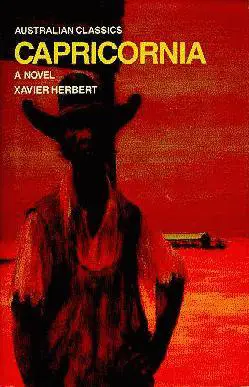To thwart someone’s efforts or cause them to have bad luck. Also, to have the mockers on – to be cursed with bad luck.
Put the mockers on
What's the meaning of the phrase 'Put the mockers on'?
What's the origin of the phrase 'Put the mockers on'?
Clearly the derivation of this phrase is determined by what mockers means. Put all thoughts of mocha coffee out of your mind – the weight of evidence is that it mockers an early 20th century Australian slang term meaning jinx or bad luck. The word is variously spelled – in virtually any combination of letters that sounds like mockers – mochas, moccas, mockas, mokkas, mokkers. The phrase appears to derive from an earlier Australian variant put a mock on, and if that’s the case then mockers would be the correct spelling. There are also suggestions that mocker may have either Yiddish or Romany origins. Whilst the word sounds right for either of those languages, the documentary evidence points to an Australian origin.
To put a (or the) mock on, which hasn’t travelled outside Australia, means hinder/put a stop to/put a jinx on. The earliest citations both come from Australian writers:
– Edward Dyson, in Benno and Some of the Push (a collection of short stories, originally printed in the Sydney Bulletin in 1911):
“All toms is erlike t’ me,” he said, tweaking his lapels with a birdlike jauntiness of demeanor, “but, all the same, it’s up t’ me t’ put a mock on that tripester et the ‘ay-an’-corn.”
– Alfred Xavier Herbert, in Capricornia (a comic novel, published in 1938):
‘He put the mocks on me,’ roared Norman… ‘What’s he saying, dear?’ ‘He … reckons I told the police on him.’
It isn’t far to travel from put the mocks on to put the mockers on and, give that the two phrases mean virtually the same and that mocker is also first found in Australian writing, we can assume that one phrase derives from the other.
The earliest record of use of the slang word mocker in print is in Con. Drew’s Rogues and Ruses, 1922:
“They’ll ave to race without me to-morrow. I’ve got a mocker hung on me.”
That clearly uses mocker in the sense of jinx or bad luck. ‘Put the mockers on’ comes much later. The earliest use of it that I know of is in Peter Sellers’ comic piece The Trumpet Volunteer, 1958, which is in the form of a spoof interview with an invented rock and roll star called Tommy Iron (which was of course a parody of the UK singer Tommy Steel):
Don’t mock the rock, cock
Don’t mock the roll, no
Don’t put the mockers on the rockers and the roll
It seems very likely that that was a variant of the earlier put the mock on.
It didn’t get a very long run in popular use. The phrase is now sounding rather dated and the 21st century use of it is limited.
See also, the earlier phrase – put a damper on.
Related phrases and meanings
Browse more Phrases
About the Author

Phrases & Meanings
A-Z
A B C D E F G H I J K L M N O P Q R S T UV W XYZ
Categories
American Animals Australian Bible Body Colour Conflict Death Devil Dogs Emotions Euphemism Family Fashion Food French Horses ‘Jack’ Luck Money Military Music Names Nature Nautical Numbers Politics Religion Shakespeare Stupidity Entertainment Weather Women Work
How did we do?
Have you spotted something that needs updated on this page? We review all feedback we receive to ensure that we provide the most accurate and up to date information on phrases.
